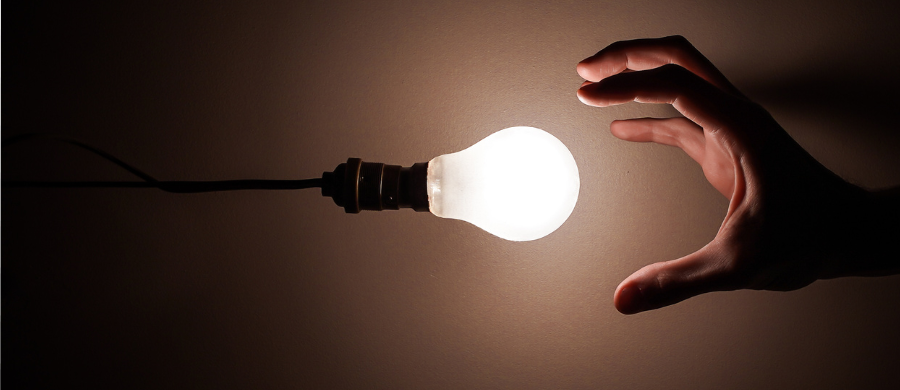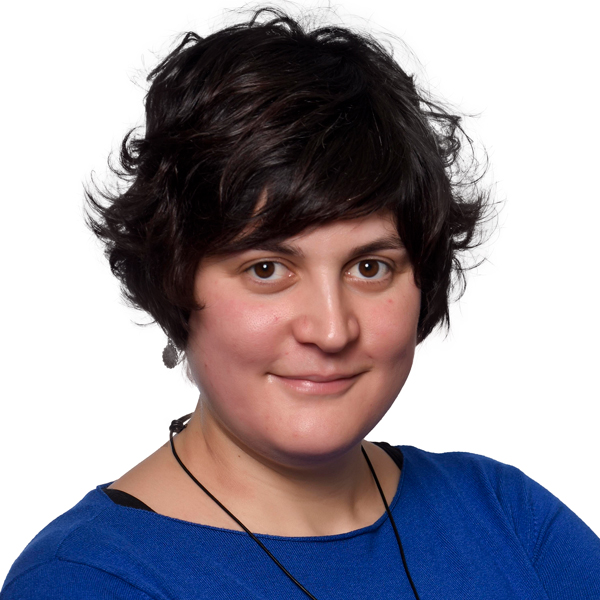Tips and tools for avoiding plagiarism in your work
Subject: Multidisciplinary
We have updated and expanded our Library guide on academic plagiarism with new resources.
"I ran out of time", "I copied and pasted a text and forgot to cite the source". There are no excuses. Appropriating someone else's ideas, using them in your work, and passing them off as your own is considered plagiarism.
Sometimes plagiarism is not deliberate, and happens unintentionally due to carelessness or ignorance of the rules about how sources of information are cited, or copyright issues. Whatever the case, we recommend you take a look at the Library guide on academic plagiarism to clear up any doubts and avoid problems.
The Library team has recently updated the page to include new resources, and added a new section with e-books containing practical examples and some reflections on plagiarism.
What is (and what is not) plagiarism?
Any of the following in your work could be considered plagiarism:
- Copying someone else's idea, image or graphic without citing the original source properly.
- Quoting text verbatim without distinguishing it from your own words (for example by using quotation marks) and without mentioning the source it came from.
- Summarizing in your own words (paraphrasing), rewriting someone else's text, or translating it from another language without citing the source.
- Self-plagiarism, which is presenting all or part of the work you have already done for another course as if it were new, and without making this clear.
The first section in the Library guide on academic plagiarism provides an introduction to the basic concepts of plagiarism, with definitions and ten self-assessment questions posing real situations to find out if you could identify plagiarism.
Three recommendations for avoiding plagiarism
Your citations and bibliographic references give credit to your own work and to that of the original authors, showing that you have used reliable sources and helping other readers to find the information you have consulted.
1. Cite your sources properly
You can include extracts from other texts or multimedia works in your own work, as long as it is for academic purposes and in moderation. You must cite the source and the author of the content in all cases. You must include the citation within the text, and then add the bibliographic references with the basic details of the source in the final bibliography. You must use the guidelines set out in a citation style when doing this.
The second section of the Library guide contains a Library page with models and real examples of the most popular citation styles (APA, Vancouver, Chicago, Harvard and ISO 690), and two videos with tips for citing and paraphrasing.
2. Use tools for citations and bibliographic references
There are free software packages that help you with your citations and the references in your work. Their main advantage is that they enable you to save the information on the sources you consult, and then to cite them and create the bibliographies automatically.
Go to the Library guide, where you will find practical tools for keeping track of the information related to the sources you want to cite, among other things.
3. Use plagiarism detectors
There are a number of tools you can find online, free of charge, if you want to check that your work is plagiarism-free. For example, Plagiarisma shows you the originality of your work as a percentage.
The third section of the Library guide contains a selection of tools for detecting plagiarism in a piece of work.
Protect your work and claim authorship
As the author of your final project, your activities and other projects, you will always have the right to claim authorship and object to any changes being made to them without your consent. You can also decide if you want to share them with other people under a Creative Commons licence.
The Library guide devotes a specific section to protection of your work, with content on Creative Commons licences and information on what to do if your ideas have been plagiarized.
Academic plagiarism at the UOC
At the UOC, copying, plagiarizing or trying to improve your marks using any illicit means is an offence that can lead to serious academic sanctions. Depending on how serious it is, these can range from failing the activity to disciplinary proceedings.
The Library guide contains a link to the UOC's regulations on academic plagiarism.
If you have any queries, please ask us at The Library Replies service.
Experts
Elisabet Cervera
Operative subgroup: Librarian for Health, ICT skills Operative group: Library for Learning


